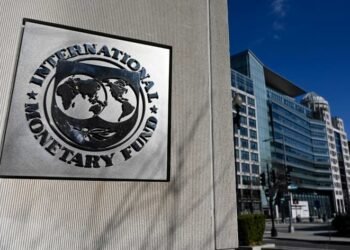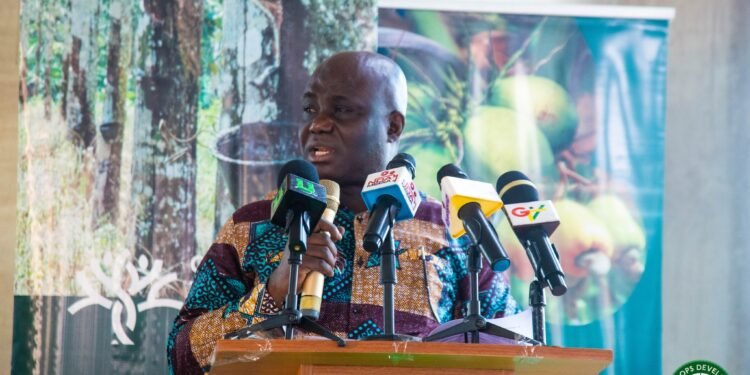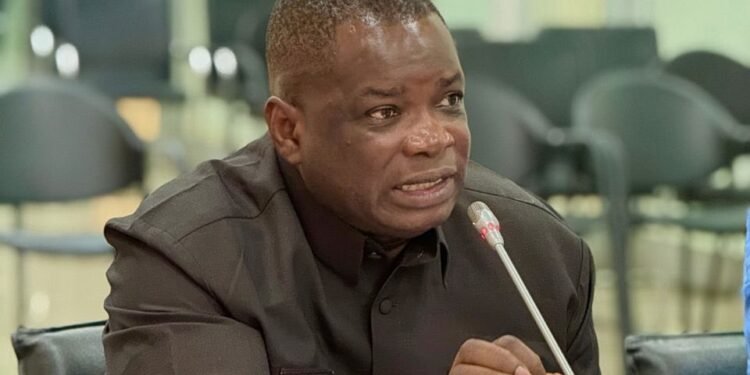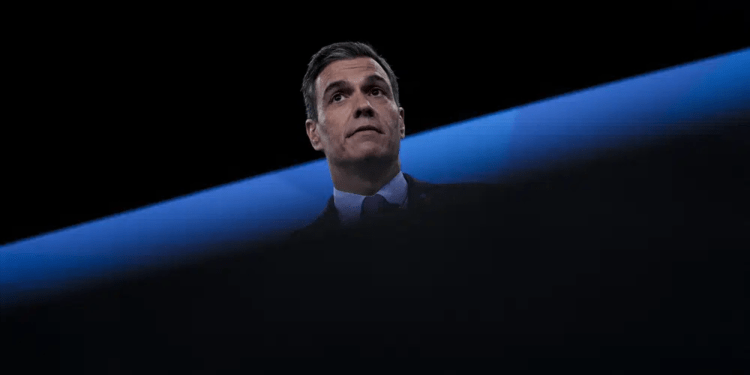As Ghana grapples with the challenges of economic growth, the Institute of Fiscal Studies (IFS) is recommending that the government consider seeking debt forgiveness from its creditors.
Dr. Said Boakye, Senior Research Fellow at IFS, emphasized the importance of developing effective negotiation skills to engage creditors on this matter. He highlighted that while debt forgiveness is not the sole solution, it could significantly alleviate the economic strain.
Dr. Boakye pointed to the positive impact of domestic debt restructuring in 2023, resulting in substantial reductions in interest payments and total debt service. However, projections for 2024 and beyond indicate a sharp increase, leading to concerns about the sustainability of the country’s debt levels.
In light of the current economic growth rate, the IFS suggests that debt forgiveness is essential to prevent a recurring fiscal crisis.
The discussion extends beyond domestic debts, with Dr. Boakye emphasizing the necessity for the government to seek debt forgiveness regarding foreign debts, drawing parallels with the successful efforts in 2000. The government’s consideration of a “principal haircut” aligns with the concept of debt forgiveness, a strategic move that the IFS deems crucial based on the available data.
Dr. Boakye urged policymakers to underscore the significance of debt forgiveness in their negotiations, emphasizing that both Ghana and its creditors stand to suffer if a mutually beneficial resolution is not reached.
In the realm of international finance, effective negotiation skills become paramount. Dr. Boakye stressed that the government must communicate to creditors the critical need for debt forgiveness to avert a challenging economic future. The potential repercussions extend beyond Ghana, as creditors themselves stand to suffer if the nation struggles to meet its debt obligations.
As Ghana stands at this economic crossroads, the IFS’s advocacy serves as a beacon of foresight, urging the government to take decisive action. The call for enhanced negotiation skills underscores the importance of diplomatic and strategic engagement in navigating the intricate financial web.
The Complexity of the Economic Challenges Faced by The Nation
Dr. Said Boakye’s assertion that debt forgiveness is not the sole solution but a significant one emphasizes the complexity of the economic challenges faced by the nation. With projections indicating a potential resurgence of economic strain in the coming years, the call for the government to hone its negotiation skills becomes imperative.
As Ghana endeavors to navigate the intricate landscape of its financial obligations, the plea for debt forgiveness is a plea for both economic resilience and shared responsibility. Dr. Boakye’s reminder that creditors, too, have a vested interest in avoiding a scenario where Ghana struggles to meet its debt obligations underscores the interconnected nature of global finance.
By proactively engaging in negotiations and advocating for debt forgiveness, the government has an opportunity to foster a collaborative solution that not only safeguards the nation’s economic stability but also recognizes the mutual interests at stake. In the pursuit of sustainable economic growth, diplomatic and strategic approaches to debt management are key components that could pave the way for a more resilient future.
By actively seeking debt forgiveness and communicating the urgency of the situation, the government has an opportunity not only to secure short-term relief but also to lay the groundwork for a more resilient and sustainable economic future. As the nation faces these economic challenges, strategic decision-making and diplomatic finesse become instrumental in charting a path forward.
READ ALSO: SEC’s Vigilant Stand: Combatting Financial Fraud through Public Education























